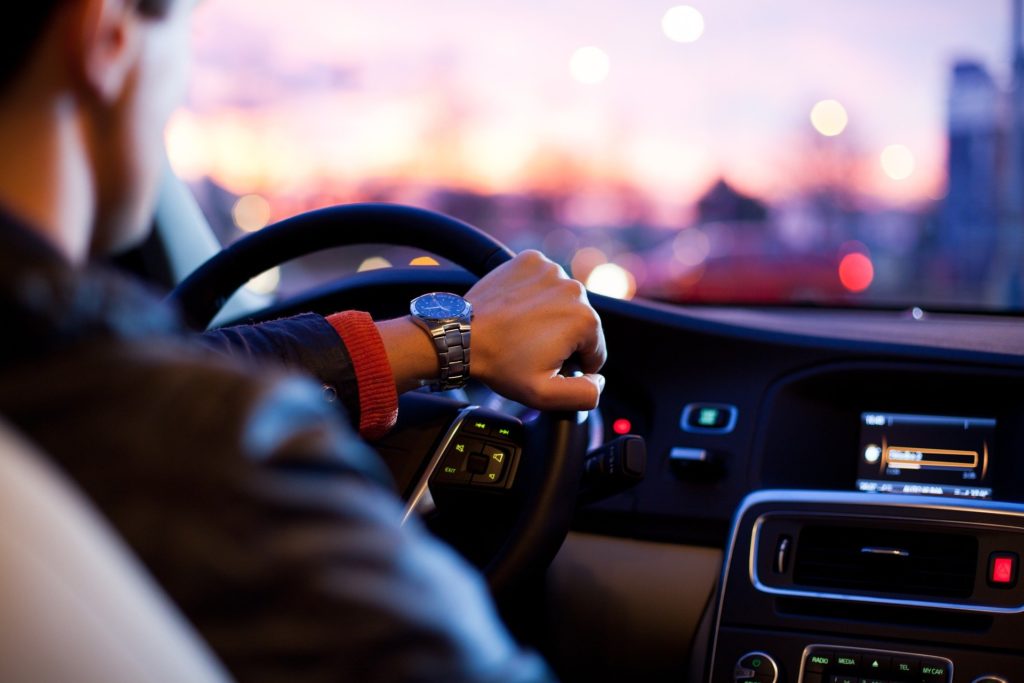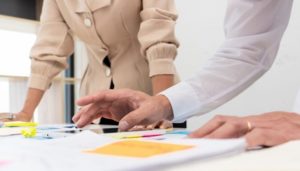The COVID-19 outbreak is adversely affecting many countries, and people are suffering physically, economically, and emotionally from the pandemic. While many states have enacted a stay at home order, people still need to leave the house for essentials such as food and water.
Additionally, essential businesses are open, meaning employees have to travel to work daily to run them. Unfortunately, with all the uncertainty and stress relating to the coronavirus, behavior on the road can get worse. And, car accidents can still happen, even with fewer drivers on the road.
Here are some tips that guide you on what to do when you get in a car accident during COVID-19.
- Maintain a social distance
The coronavirus is mainly spread through physical contact with other infected persons when they cough or sneeze. Hence, in the case of a car accident, maintain a social distance of at least six feet from other people at the scene.
Some people may also start crowding at the scene out of curiosity. Ask them politely to leave the scene to reduce overcrowding and wait for the police or ambulance to arrive.
- Sanitize
After a car accident, it’s normal to feel confused and anxious. But, this doesn’t mean you should forget all the safety measures that protect you from the coronavirus. For instance, if you help out other people involved in the accident from a wreckage, sanitize your hands and avoid touching your face.
- Take photos
Taking pictures of your accident scene can help your insurance provider determine the cause of the accident and who is at fault. Insurance companies also use these photos to determine the amount of money you need to cover for the damages caused to your vehicle.
Also, since insurance fraud cases are common, taking photos ensures other parties involved don’t exaggerate damages to receive more money.
- Seek medical services
One of the services listed by the government as essential is medical care and health care. Therefore, when you’re injured in a car accident during this pandemic, seek medical treatment as you normally would.
However, some people are worried they may be exposed to COVID-19 by seeking treatment. Luckily, hospitals are taking extra measures, such as increasing their sanitation policies to curb exposure. Seeking medical treatment guarantees your recovery, and you get medical records for your insurance claim.
- Speak to your claim adjuster and attorney
After an accident, it’s wise to file your insurance claim immediately for a smooth claims process. You’ll need to speak to your claim adjuster to know the procedures put in place now that social distancing is essential. For example, adjusters may ask you to email them photos of the vehicle instead of coming to you, to minimize contact. If your adjustor requires an estimate before repairs, they can offer you a more express alternative that limits your exposure to the public.
You also need to contact your attorney if you were injured or need to file a lawsuit against the at-fault party or their insurance provider.
- Can you pay your deductible?
Each time you file an insurance claim, you have to pay your deductible. Unfortunately, COVID-19 has forced many businesses to lay off their employees since they are shutting down. Thus, you need to figure out if you can afford your deductible if you have lost your wages.
Minimal repairs like a busted headlight can wait until this pandemic is over. Or, you can pay for them out-of-pocket since it will be cheaper. Moreover, since we don’t know how long this pandemic will last, it’s wise to use the money you have right now on essential items.
Alternatively, you can speak with your insurance company to see whether they can waive your deductible or draft you an affordable monthly payment plan.
- Decide when to do repairs
This depends on the extent of damage and how often you use your car. If you don’t leave the house due to the stay at home order, you can wait to repair your vehicle later when it’s safe. But, if you use your vehicle daily, you need to seek repair services immediately.
Lastly, sanitize your vehicle after repairs.




